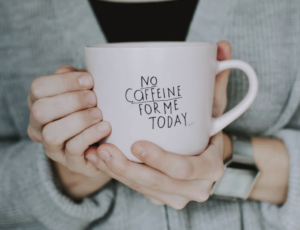by Richard Tardif
Viceland repeated a broadcast called “Life after food” this week either attempting to discredit a food replacement cleverly labeled Soylent, or to give it some credit. The host of the show went on a 30-day Soylent test. He lost ten pounds through the process and reported only a vitamin D deficiency, something he attributed to not getting enough sun because he didn’t leave the house and socialize at restaurants during the experiment.
I’m not promoting this product. Soylent is touted as a simple, efficient and affordable drink that possesses what a body needs to be healthy. Its producers market it as a new option for maintaining a balanced state of ideal nutrition, just like traditional food.
And its going to feed the 870 million undernourished people around the world, starting at home in America with one in six households lacking a secure supply of food on a day-to-day basis. The company draws from a United Nations report of 21,000 people around the world dying each day due to starvation or other hunger-related complications, or one death every four seconds. Soylent claims that more than 2 billion people are overweight or obese, and that products like Soylent could eventually reverse the problem.
If I sound critical at this point, well, I am. I’m not big on supplementation or food replacements. I doubt any food replacement company will make a dent.
But read on.
The boys of Soylent support the World Food Program USA, one of the largest humanitarian organizations fighting global hunger, reaching 80 million people in 82 countries each year with lifesaving food assistance. The World Food Programme provided meals to more than 17 million students in 75,500 schools across the globe.
That’s the point I took from the Viceland documentary. There are so many people in need of nutrition and the future looks bleak. So if powders and supplementations can help, well at least it’s a start.






